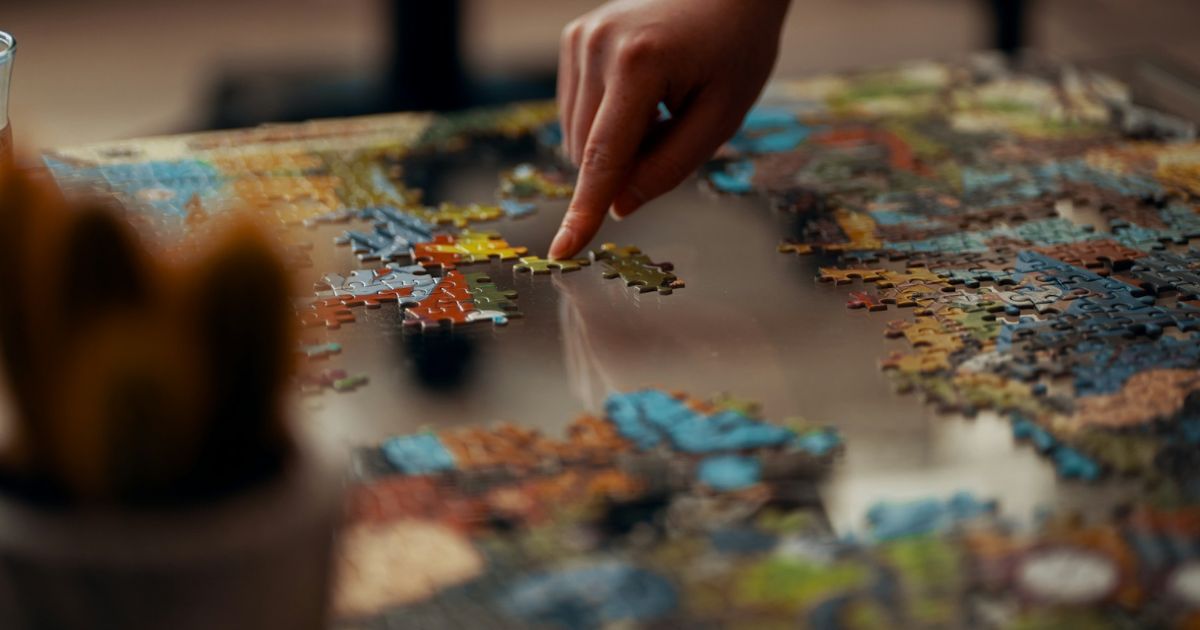In a general sense, Game Development is the whole process of creating a game, from its initial concept through prototyping to final publication. Here at Bold Cat, we use a narrower definition to describe how we help publishers take a game from “almost done” to “ready to ship.”
For us, Game Development refers to a secondary phase of design, featuring an in-depth evaluation of a nearly completed project’s gameplay, balance, rules presentation, component design, player experience, and other aspects. I was first introduced to this approach during my time in Wizards of the Coast R&D, and I believe it offers serious opportunities to improve any game..
When done properly, this Development phase utilizes fresh perspectives to identify places where a game doesn’t quite deliver on its vision or its promise. It’s not unlike how a skilled editor helps an author tighten plot, accentuate character development, and punch up dialogue without losing the original authorial voice.
When I develop a game crafted by another designer, I ask questions such as…
- Who is this game designed for? I don’t make assumptions based on title, theme, or color scheme.
- What other games does your target audience like to play? Knowing comparable titles helps me understand the space you’re aiming for.
- What emotion does the designer want to evoke in players? Some games want to be tense affairs where any missed opportunity could spell disaster, while other games aim to be light and breezy.
- How long should this game last, and how does that compare to playtest data? It’s one thing to print “90-120 Minutes” on the side of your box, but if the true play time is more like three hours, you have a problem.
- Where do players struggle? Playtesting your own game can’t show you where new players stumble over complicated rules or get confused by your component mix.
I have an arsenal of questions like these to help me internalize the goals of your game’s design, and to better understand what the best version might look like.
But why can’t a designer do this work themself? Well, most do … but in the same way that an author is often their own worst editor, the creator of a game tends to have blind spots with respect to their own design. They live with the game for so long they lose perspective, miss crucial gaps, or become fixated on specific details that once felt critical but might not be needed anymore.
As a Game Developer with Bold Cat Studios, I offer the fresh perspective your game desperately needs. By approaching with new, unbiased eyes, I can ask probing questions and offer insightful options to better achieve your vision and goals.
Together, we can make your good game into a great game.



